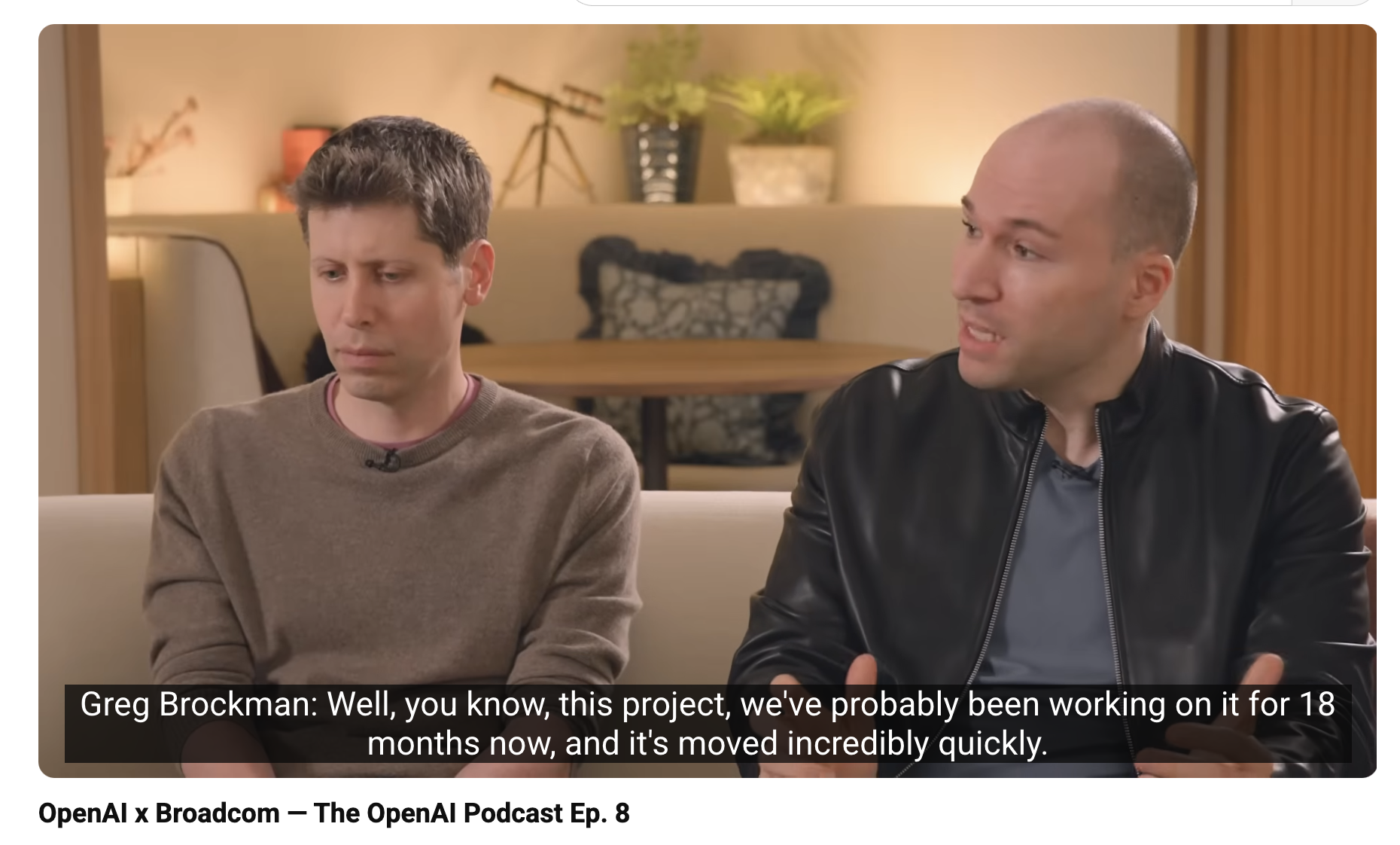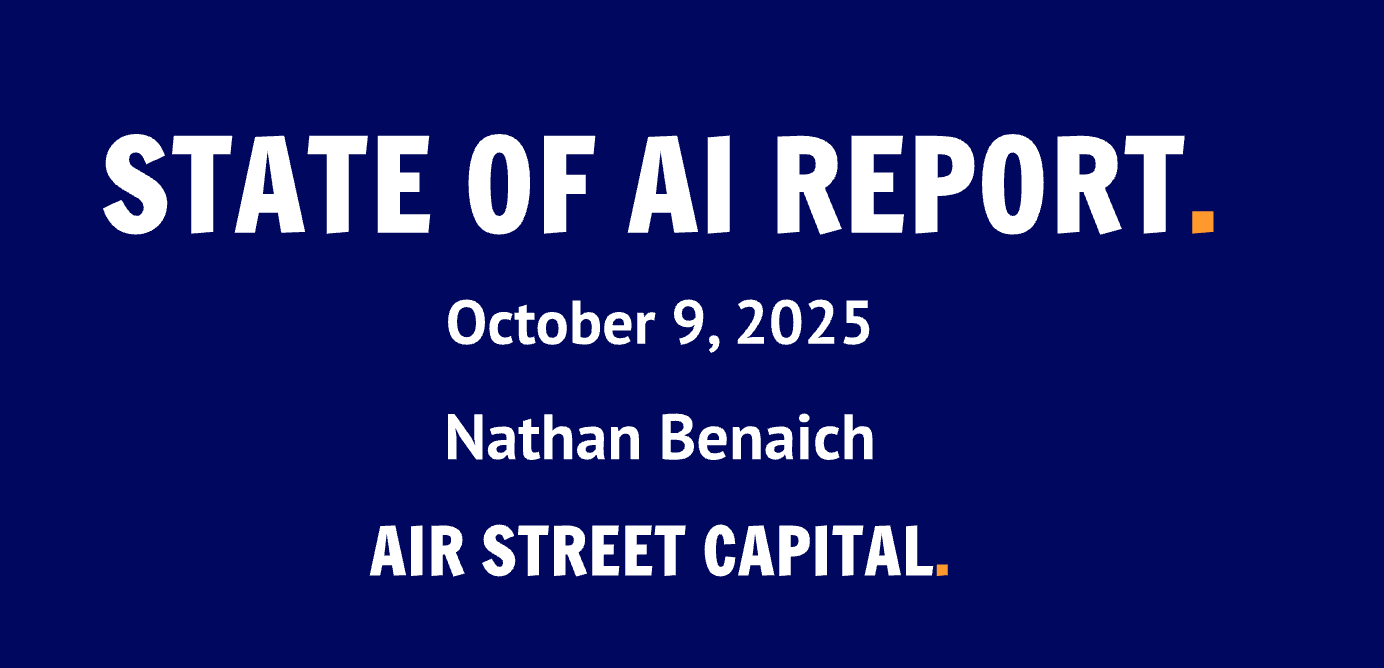Check this out: The WSJ just published a new piece revealing how doctors everywhere are using AI listening and transcription services (with adoption among physicians predicted to hit 75-85%). These systems record doctor-patient conversations and generate clinical notes, tackling healthcare's biggest burnout driver.
Microsoft’s Dragon Copilot (formerly Dax) currently dominates in the doc’s office. The tech company’s ambient AI solution has been rapidly expanding across healthcare, first in outpatient visits and now expanding to emergency rooms and hospitals. And the adoption numbers are impressive.
Here's a few stats WSJ shared:
- Tampa General Hospital has 300 providers testing it with over 15K patient visits.
- Ardent Health has nearly 100 providers piloting the tech.
- Industry-wide results show 40-50% improvement in documentation time.
But when they're NOT Microsoft, they're Abridge. The challenger just raiseed $250M and is taking the fight directly to Microsoft at major health systems like Kaiser, Sutter, Yale, and Emory. Rather than starting small, they tackled the hardest market first—large health systems. Cardiologist-turned-CEO Shiv Rao says they deliberately "ran into the hardest part of the market" instead of starting with small practices—a strategy that's paid off.
The competitive battle: CEO Shiv Rao claims they've "never lost a head-to-head" comparison against Microsoft in 3-4 week evaluations at major health systems. Rao says the competition has intensified as both companies moved from human transcriptionists (Microsoft's earlier offerings involved human transcriptionists in Bangalore) to advanced AI.
That said, both systems convert doctor-patient conversations into structured medical notes. The doctor walks in, taps a button, has a normal conversation, and when they finish—notes are ready, complete with medical terms and billing codes.
See, actually, they're not "just notes"—they're bills disguised as medical documentation. As Rao explains, "In this country we're not compensated as doctors for the care that we deliver, we're compensated for the care that we document."
While the note-taking alone is impressive, the real magic is how Abridge handles the complexity:
- It recognizes medical jargon across all specialties (even when doctors mispronounce drug names).
- It works across multiple languages (from Vietnamese to Haitian Creole).
- It creates different versions of the same information for different stakeholders (clinical notes for other doctors, simplified summaries for patients, and billing documentation).
- It integrates directly with Epic and other medical record systems.
The company's ambitious roadmap doesn't stop there. Future plans include:
- Extracting and automating medical orders.
- Generating proper insurance claims and codes.
- Identifying patients who qualify for clinical trials.
- Providing clinical decision support based on similar cases.
Now compare that to Dragon Copilot, which only officially launched this month, but offers a few unique features of its own:
- Unified experience—combines speech dictation AND ambient listening in one tool (Abridge is ambient-only).
- Query existing notes conversationally—ask about past medications or family history and get instant answers from previous documentation.
- Curates diagnosis evidence from symptoms, labs, and imaging—not just transcripts.
- Works offline when internet isn't available—captures recordings and processes once reconnected.
Privacy concerns loom large, though: While the technology promises to reduce burnout, ambient AI systems that continuously collect and store large amounts of patient data present significant ethical challenges around privacy, data management, and informed consent.
The stakes are particularly high given healthcare's vulnerability to cyberattacks - a new report analyzing healthcare breaches found that 43.3% involved Microsoft 365, largely due to misconfigurations in email security settings.
In fact, 2024 saw record numbers of healthcare records compromised, including at least 100 million in the biggest healthcare data breach of all time.
The core privacy concerns include how patient data is secured, whether it's used for AI training purposes, and what happens if centralized systems get hacked. Studies show that while these systems claim to use anonymized data (similar to how Epic Health handles patient records), data can potentially be re-identified through triangulation with other datasets, especially when managed by large tech companies like Microsoft.
Healthcare IT experts warn that continuous collection and analysis of patient data raises the risk of data leaks and hacking, requiring robust security measures from both technology vendors and healthcare organizations.
While Epic has implemented HIPAA-compliant AI pipelines and validation software to monitor AI models, critics point out that Microsoft has a mixed security track record, including mistakenly exposing over 250 million customer records in 2020 due to a misconfigured database. Most ambient AI companies require two-party consent before recording and use end-to-end encryption, but the technology still creates a centralized point of failure where vast amounts of sensitive health data could be compromised.
Here’s a brief overview on how both Dragon and Abridge address privacy and security concerns.
Why this matters: In a word, burnout. Ever wondered what happens after you leave your doctor's appointment? Rao explains it's pajama time—the dreaded hours doctors spend writing notes in bed.
Here's the brutal math behind healthcare burnout:
- Doctors spend 2 hours on documentation for every 1 hour with patients.
- 40% of doctors want out within 3 years.
- 27% of nurses plan to leave within 12 months.
Abridge says their impact is immediate and measurable. Abridge reduces cognitive burden by 60% within six weeks and clinician burnout by 50% within months. As one doctor told them: "I was sitting at dinner last week and my son asked me 'Mommy, why aren't you working right now?' I took my phone out and explained that Abridge is a new tool that lets mommy come home early and eat dinner with her family."
While many AI healthcare startups focus on diagnosis or treatment recommendations, both Dragon and Abridge tackle the unsexy but critical problem of documentation that's literally driving clinicians out of medicine. By putting doctors and nurses back in control of their time, this competition might just help solve America's healthcare provider shortage. And not only that, it might even help our experience be more human in what feels like an often inhumane industry.
Our take: The other week I was at the doctor and I had an interesting convo. They asked if I was okay if the session was recorded, and I asked if it was AI, and they said yes. I asked which AI they were using, and they said Dax. I told them I was an AI writer, and they confessed they were the last holdout against AI at their practice. "Why?" I asked. The answer? Basically because they like talking to people and making their own notes.
Which honestly sparked something in my own understanding of AI. While note taking does help me remember, and there still needs to be some way to make that connection from present to future memory, the most important thing AI will do for us will be to help us be more in the moment and less on our screens. Instead of jotting down notes feverishly the whole time, the doctor can actually chat with a patient, knowing the AI is taking notes. It doesn't get everything (in fact, it edits out all the interesting, unique stuff that helps a doctor remember a patient) but that's what the ye olde pen and paper or keyboard is for.
So anyway, don’t be spooked when your doctor asks if they can record you at your next visit. The AI usually removes all the messy, interesting personal details anyway.







